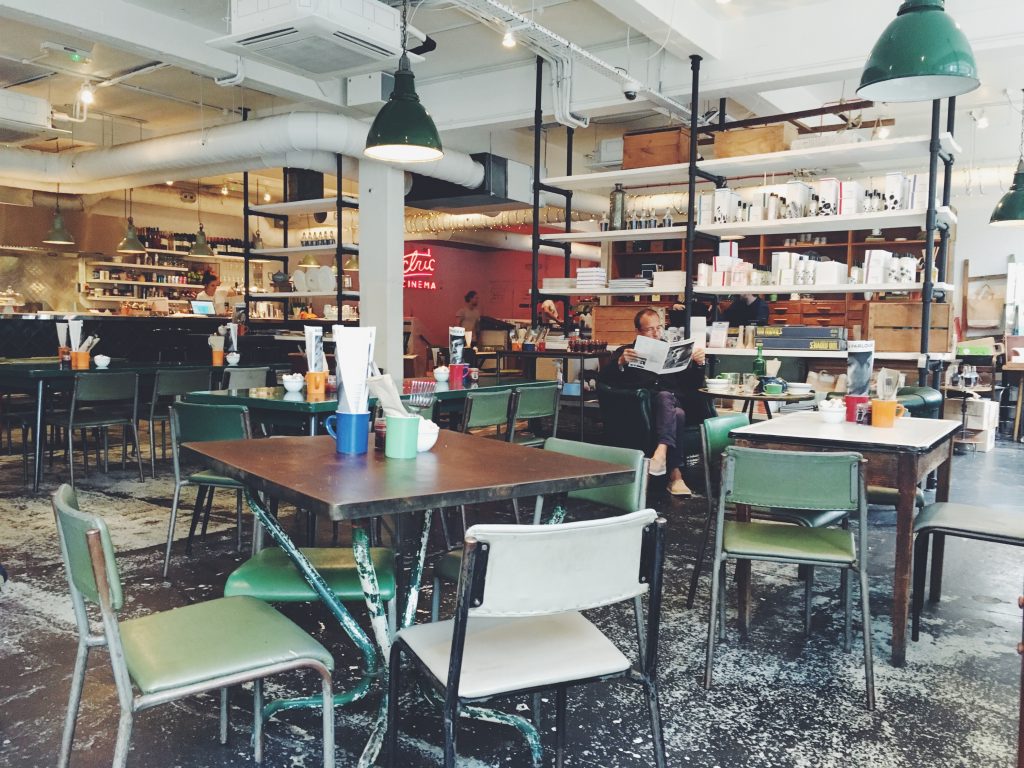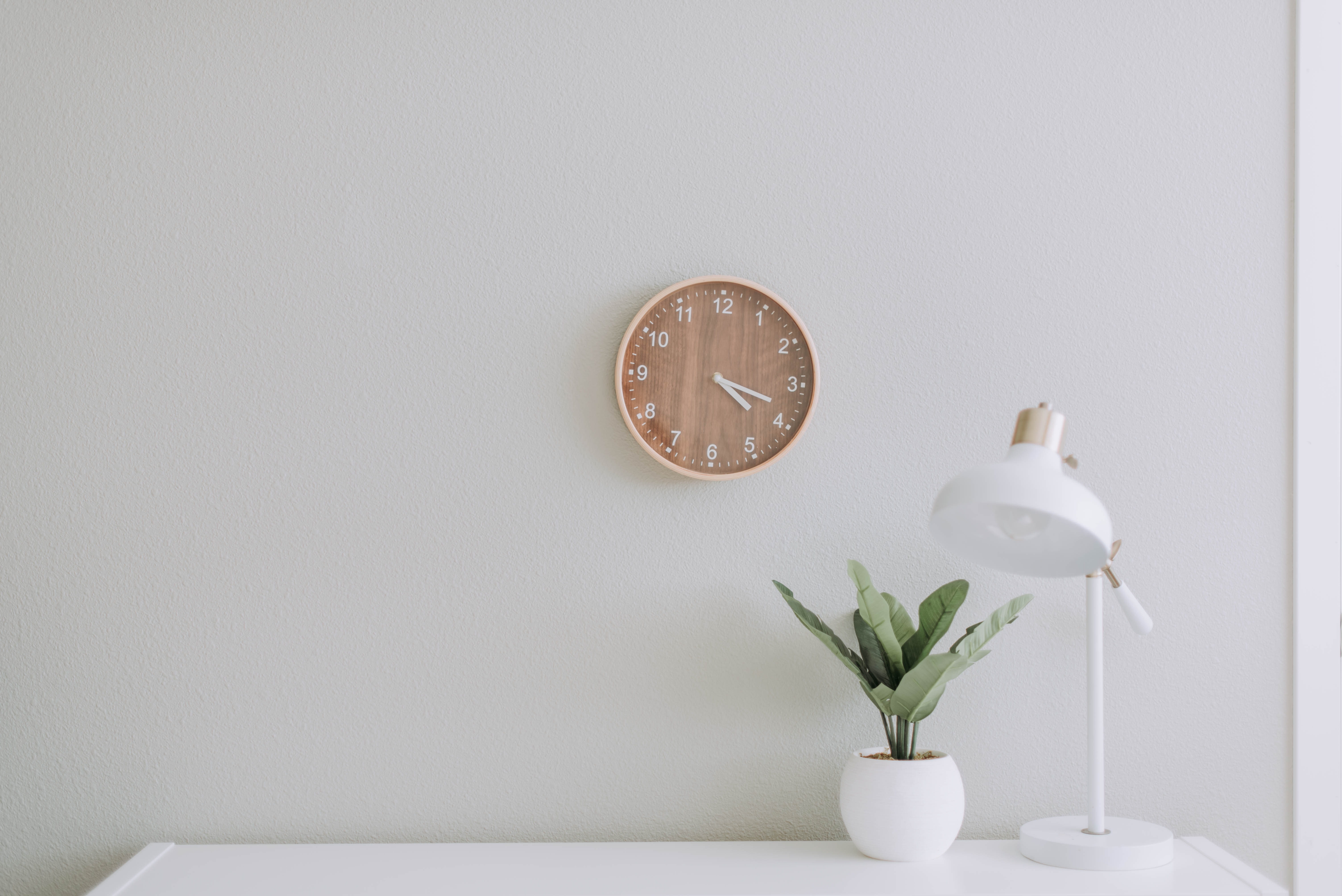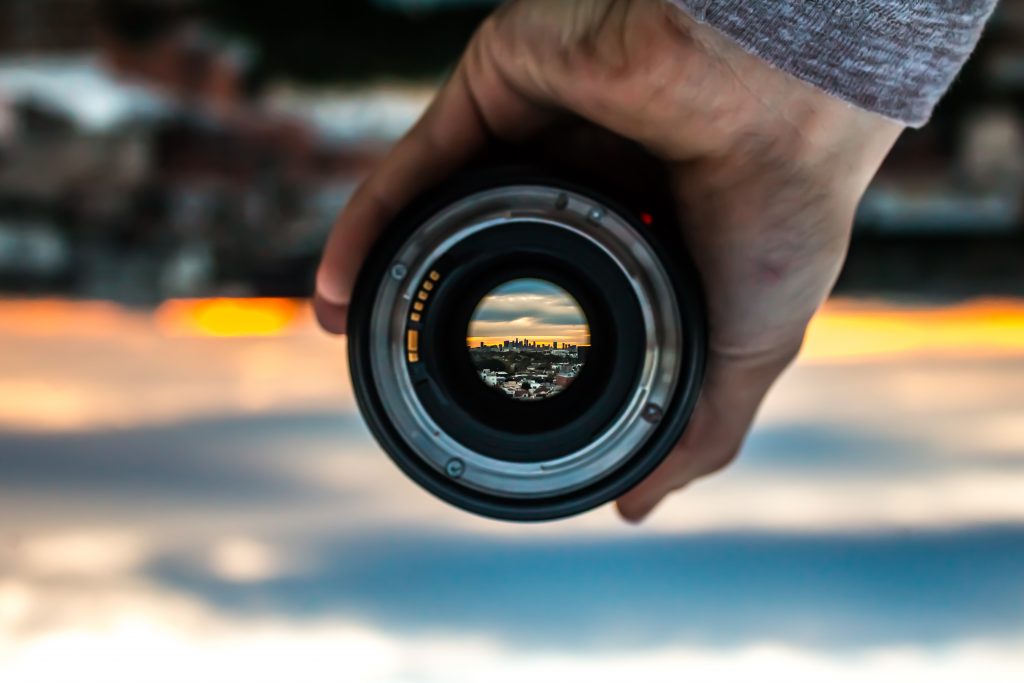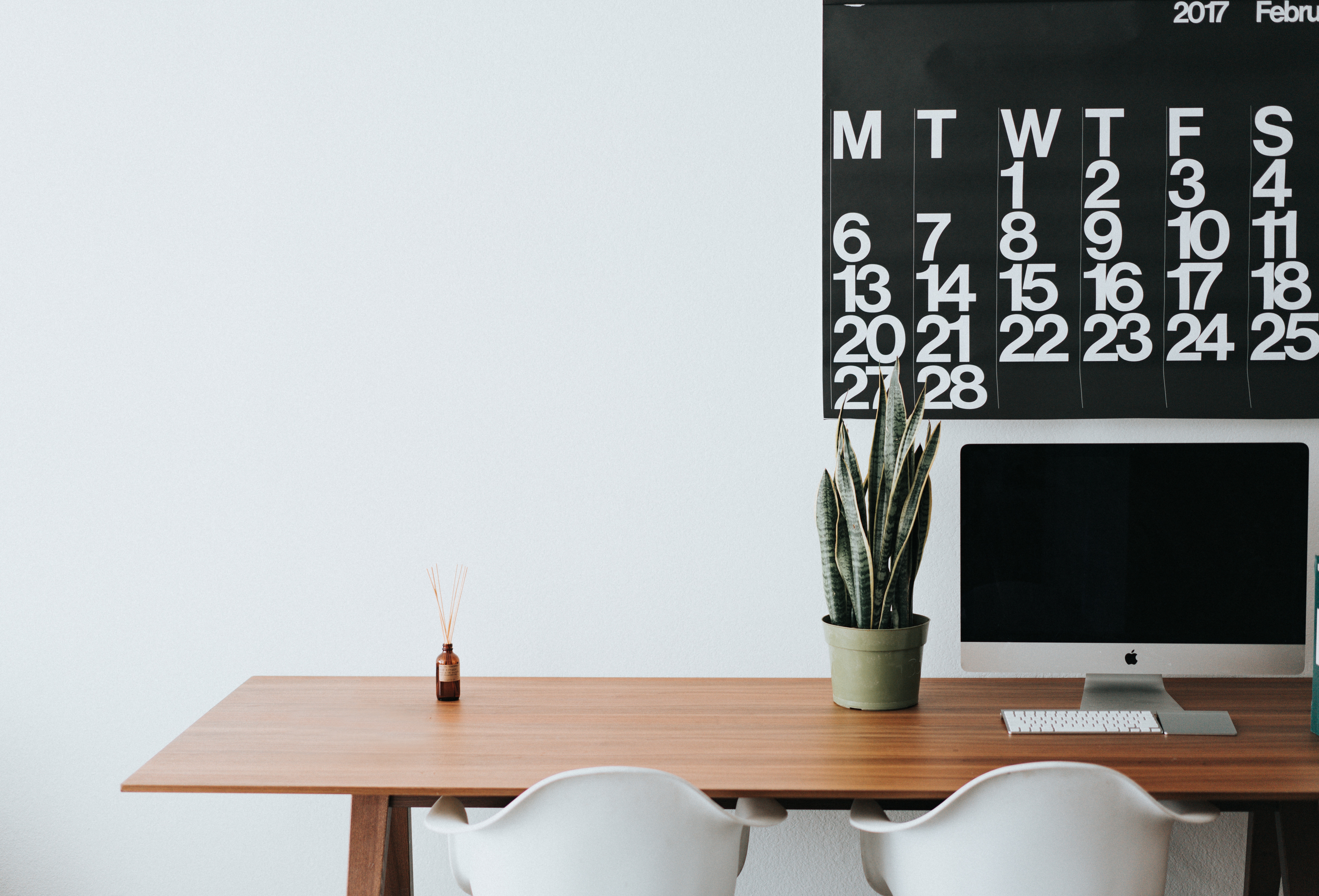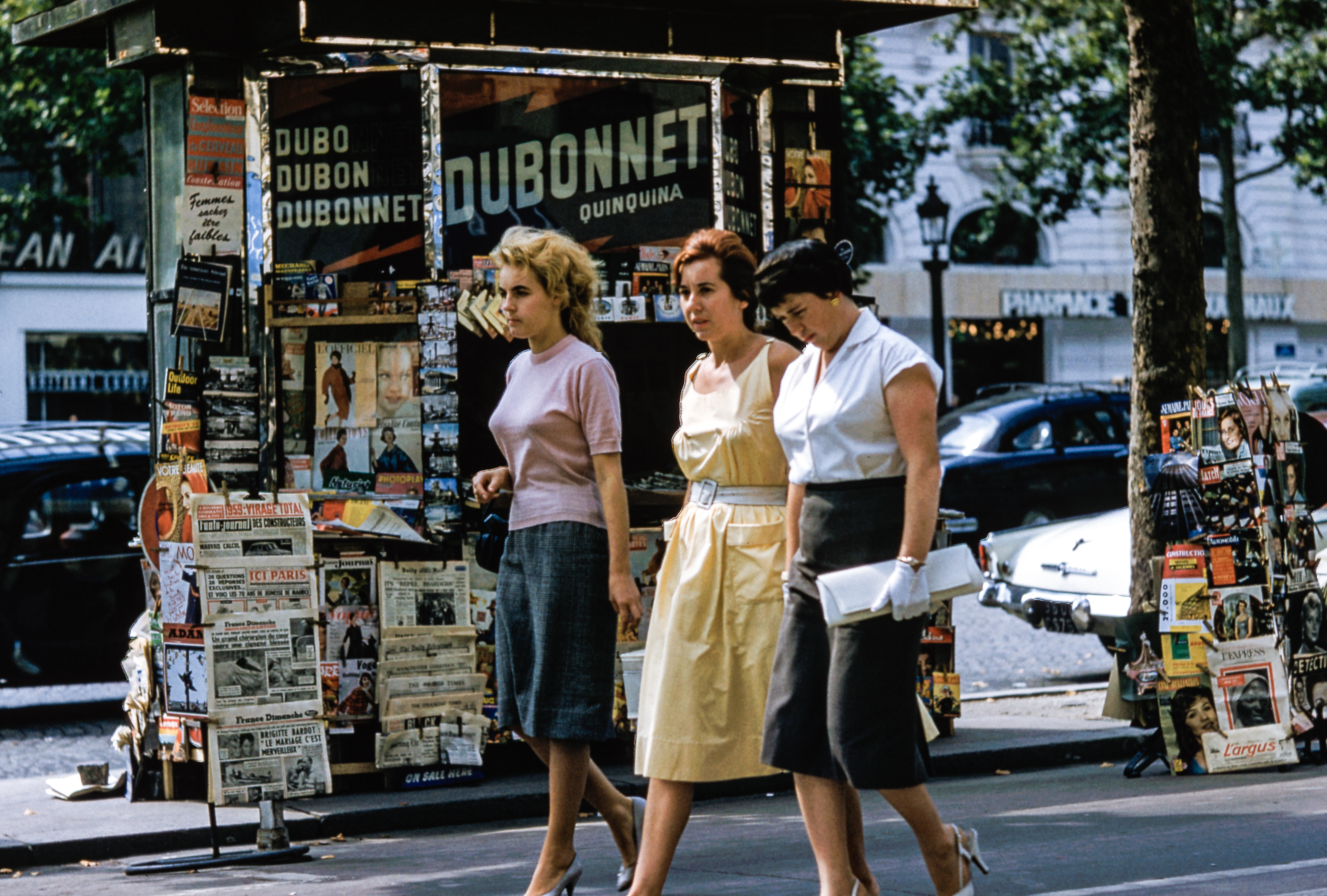
I discovered a new podcast this week which has made me very happy. Called Hurry Slowly, it’s all about ‘how you can be more productive, creative, and resilient through the simple act of slowing down.’
There’s often such a pressure to have this aggressive, ‘always on’ attitude – to be ‘killing it’, hustling. Along with all the distraction we live with – notifications, too much choice, the lure of the internet, news, Game of Thrones theories and funny videos – it’s no wonder there’s a lot of anxiety and stress around.
Just thinking about it makes me crave simplicity and calm. Cutting back on everything, slowing down. Breathing.
Back to Hurry slowly. The first episode I listened to – futurist Alex Pang on ‘Prioritizing Rest and Reflection‘ – totally backed up my philosophy of working with focus for a certain amount of time, then having a good break, rather than ploughing through for hours on end.
He also suggests walking and taking time to digest, letting your mind flow, seeing which ideas or solutions appear. Sleeping on a problem and finding that it’s magically resolved in your mind the next day. Basically – being aware of how you use your focus and energy, and figuring out what actually works for you.
“Real relaxation doesn’t come from doing nothing at all if you’re a busy person but from doing something different — an alternative outlook, a change of atmosphere, a diversion of effort is essential.” Alex Pang
Another guest, author and designer Debbie Millman, talks about how anything worthwhile takes time. There’s such pressure to succeed and to achieve things quickly. With all the social media and other content outlets it’s so easy to fall into the trap of comparing yourself to others. Seeing what other people have achieved by your age and feeling inferior. I love that the message here is to take your time and experiment.
“Most of the things that I’ve done have taken me quite a long time to realize any sense of real visibility in doing them. That’s just always been the arc of my life in anything that I was doing. I didn’t really get any traction with my career for about the first decade. I now look back and call that first decade experiments in rejection and failure.” Debbie Millman
The last episode I’ll mention is dedicated to something I’m as obsessed with as the host – walking. Sounds simple, maybe even boring to some. But I’ll never stop banging on about the virtues of walking. It really is like therapy. It’s meditative, it gets the blood and circulation flowing, it takes you out of slump or crappy mood. A good walk cheers me up no end.
So there we go, if you’re inspired to discover more there are plenty of episodes to uncover here.
Enjoy the reminder that slowing down is a good thing.
If there’s something in your life you need help with changing, feel free to contact me for a coaching session. Email me at joaopoku@gmail.com and we’ll find a time to speak.
Photo by Les Anderson on Unsplash

